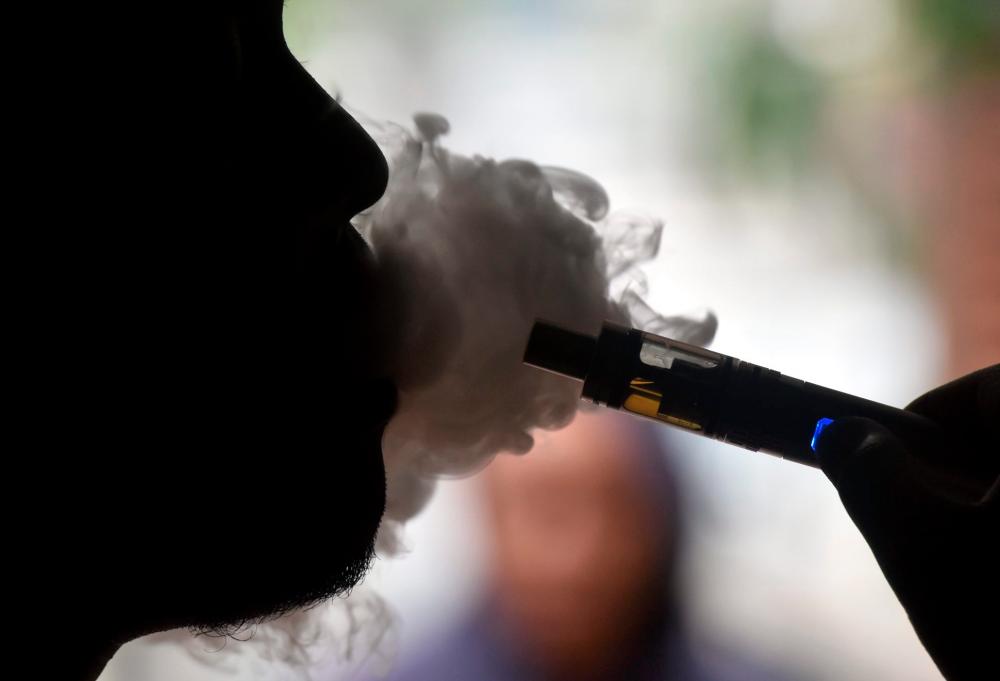KUALA LUMPUR: Japan Tobacco International (JTI) Malaysia has suggested that the government enact regulations for vaping products under the Control of Smoking Products for Public Health Act 2024.
The company’s general manager Juliana Mohd Yahya emphasised the importance of such regulations in protecting consumers of vaping products and facilitating excise tax collection from this category product, especially considering Malaysia’s ranking as the 12th largest e-vape market in the world.
She highlighted a decline in the incidence of illicit white cigarettes by 1.9 percentage points, from 41.4 percent in 2022 to 39.5 percent last year. Despite this, she noted that the legal industry volume remains flat, partially due to consumers switching to vaping products.
“Although e-liquids containing nicotine have already been exempted from the Poisons Act 1952 since April 1, 2023, allowing them to be sold at retail outlets, vaping products have yet to be regulated,“ she said during a press conference titled “Illegal Cigarette Trade: A Noticeable Decline In 2023 but Fake Tax Stamp Incidents Surged” at a hotel here, today.
Juliana expressed concern over the regulatory gap that has enabled irresponsible operators to market vaping products resembling toys and containing dangerous ingredients prohibited in developed jurisdictions.
“E-vape regulations must be enforced because currently, there are no controls on products, ingredients, online sales, and marketing. I have personally witnessed situations where vape stores target children,“ she remarked, emphasising the urgency of addressing the issue.
She cited the United Kingdom’s implementation of regulations on ingredients, nicotine volume, and nicotine strength as a model for Malaysia to consider. Despite the challenges in enforcement, Juliana emphasised the necessity for regulation, considering the significant contribution of the vape industry to the economy.
“The government only has to evaluate the United Kingdom’s regulations and adjust it to the country’s suitability ... then we can adapt the regulation to our country,” she said. -Bernama









